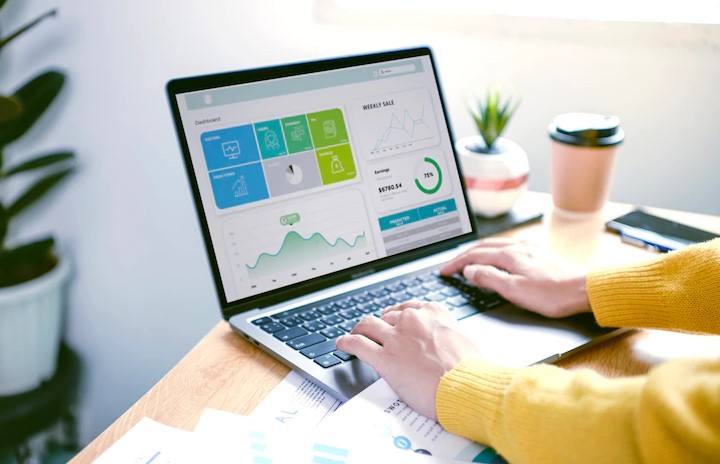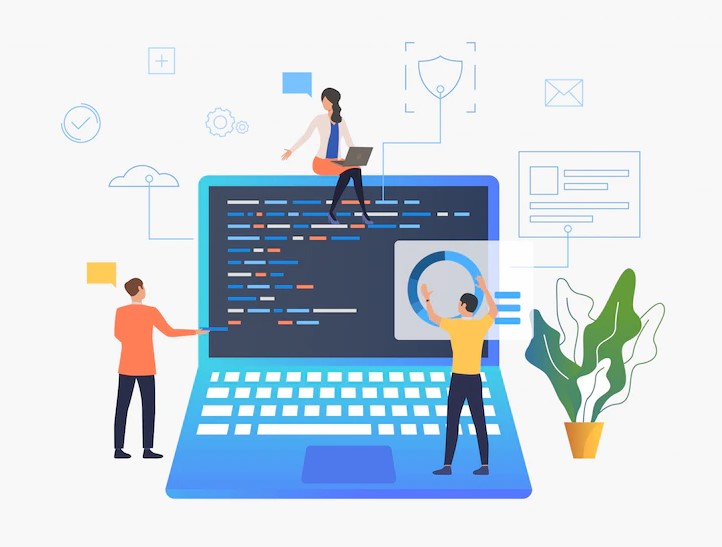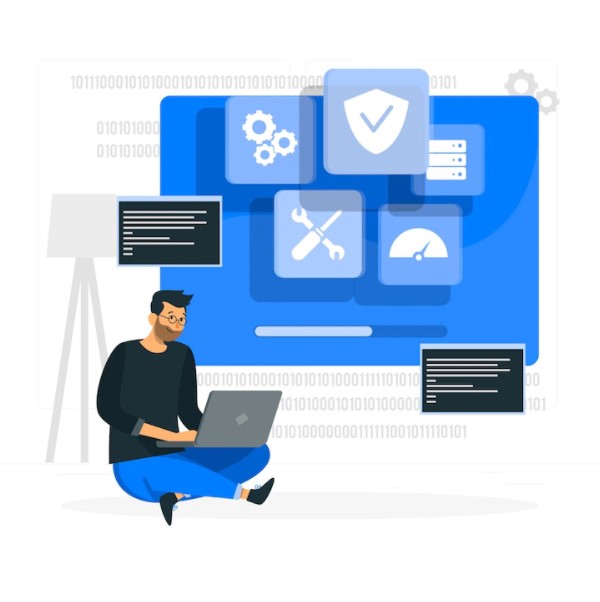
CEOs are sometimes like an octopus: they have to be supervising all the operations of the company and, the bigger it is, the greater the responsibility... and, also, the greater the risk that some important detail slips out of the hands. hands. That is why it is necessary not only to have a competent work team, but also software and systems that automate and facilitate many of the daily tasks. This is where ERP systems come into play.
These acronyms in English mean “Enterprise Resource Planning”, which translates into a platform for planning and managing business resources. That is exactly what an ERP does, it allows the integration of all the company's procedures in a single platform, so that all the teams work more efficiently, with the information they need at hand.
An ERP helps you manage all your resources on a single platform
“ERP is about making sure your business is integrated at every level, from taking customer orders to managing your supply chain, costs and budgets. The platform encompasses your overall organization, including marketing and sales, and even product planning", they explained in an All Business article.
"It's a way to see the big picture and organize your business systems so your data is accurate and shared across departments and processes, and so you get timely feedback to plan for the future", they added.

If your company is small, you may think: I can handle everything with the equipment I have. But as you grow, your operations grow, and your workload exceeds your capacity, you'll surely consider all the help an ERP system can give you.
In this way an ERP benefits your company
You can track resources
All Business emphasizes the monitoring of resources that an ERP allows: from this platform, it is possible to see the personnel information in the payroll module; check the raw material available in the inventory module; or review the production capacity. Having all this information at your fingertips without complications is important, as it will allow you to act on the fly with timely strategies.
You will better manage your accounting
One of the most challenging areas of any company is accounting, since without good management the entire business can get into serious financial problems. All ERP software can be configured with an accounting module, through which all operations can be managed and unified.
"Using one system makes accounting easier and saves time and money by eliminating the need to cross-reference and re-enter the same data into multiple systems and spreadsheets," says the Genius ERP portal.

“A fully integrated system increases the accuracy of your accounting and financial reports by eradicating upload errors, input errors, and potential timing errors, and enables you to complete these reports faster".
Customer relationship management
That your company's customers have a good experience guarantees their return. If they're happy with that first purchase, they'll come back to your company for more. But this good user experience is given by a good organization of your team. If they use an ERP, for example, to manage sales, customer information, inventory and more, they will have all the information at hand to serve the customer when they need it, without this person having to wait forever for the answer they are looking for.
When is the time to implement an ERP in your company?
- It's necessary when you see your team spending too much time on tasks that can be automated, they noted in an article published by Epicor.
- When you don't have easy access to the data you need when making important decisions in the company.
- You have too many softwares and platforms to manage the different areas of the business.
- You spend a lot of time looking for the information you need about your business.
- You do not have the updated data of your inventory.

An ERP can change the present and future of your company, showing you how good resource management can make your business more productive and efficient. Do you want to know more about this type of software? Contact Us!
We recommend you on video

